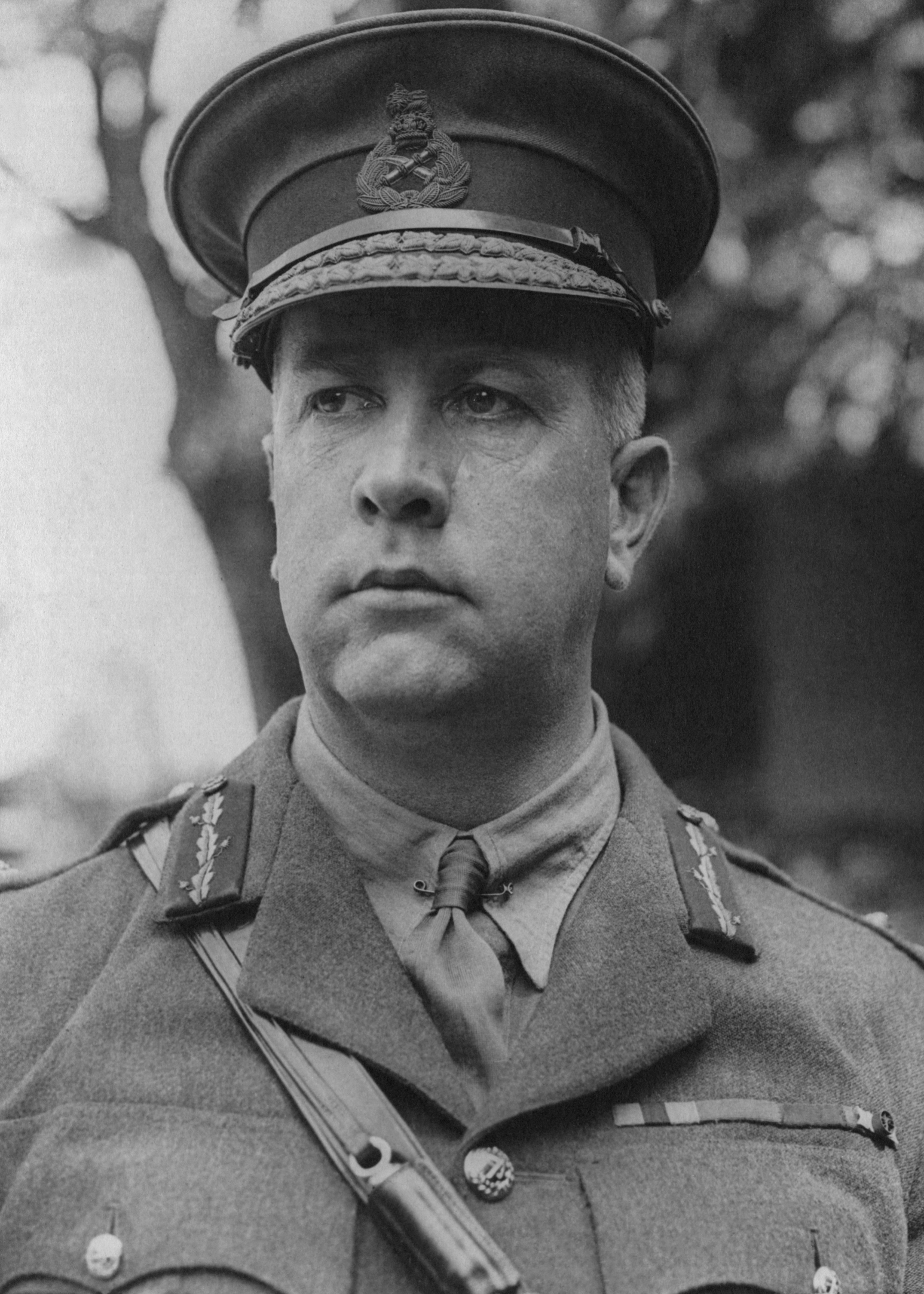This weekend I finally got around to finishing Just Watch Me by John English. The book deserves the praise it has received from award committees, but by no means is it an analytical read. The extensive interviews English conducted for the book are probably the most distinguished aspect of the book, as well as his access to Trudeau's private papers. But...what is English trying to say? The book contains the voices of so many of Trudeau's contemporaries that English's own thoughts and opinions become hidden. When I read his Citizen of the World, I felt I knew who Trudeau was as a young man. Just Watch Me did not captivate me the same way. It was so standard.
With this critique in mind, I am forced to ask myself: What is the purpose of biography? Was I looking for a critique and analysis of Trudeau's economic policies? Probably not, and I doubt many of the non-academic readers of Just Watch Me were looking for this kind of detail either. This sort of analysis may be better suited for an academic paper, or part of a collection of essays on Trudeau.
Perhaps the purpose of biography, then, is simply to communicate the details of an individual's life. In the context of biography, Trudeau's economic plan should only be described in relation to how it impacted his life, and how the economic plan was the result of his personality. Once the reader has those facts, they can move on to an essay critiquing the economic plan. In this sense, English does a fine job. However, I am curious to know what those reading this blog think. What should the scope of a biography be? Should it be merely descriptive or analytical? Should it focus solely on the person, or also their accomplishments/products?
